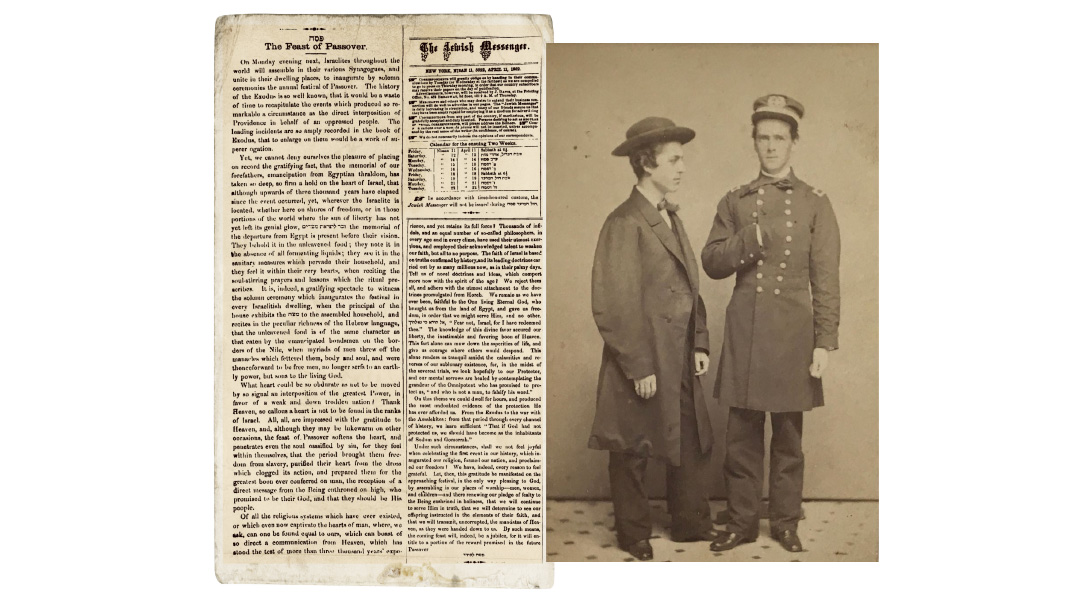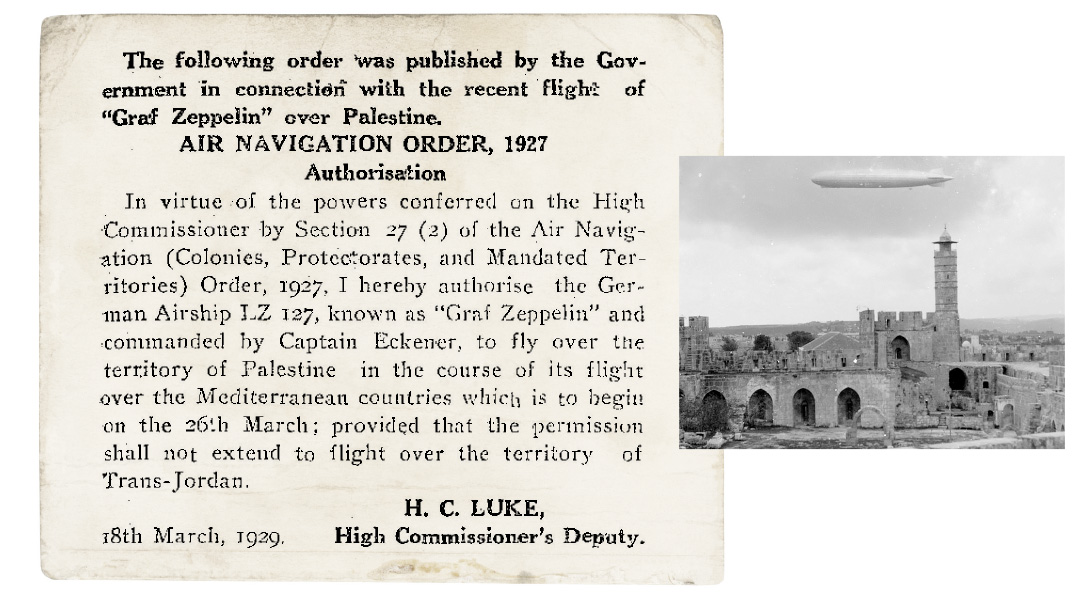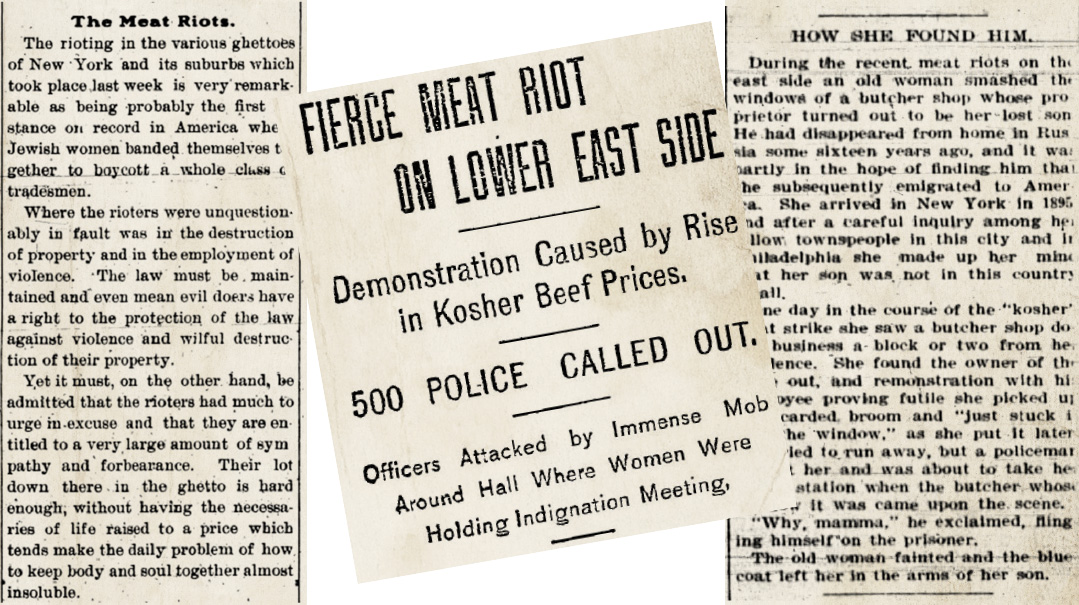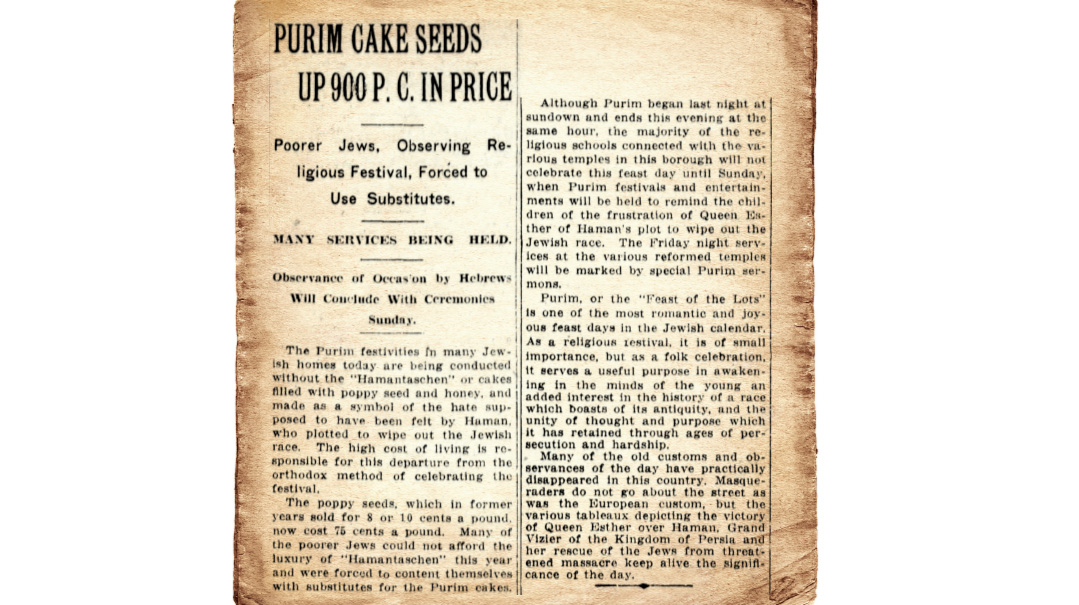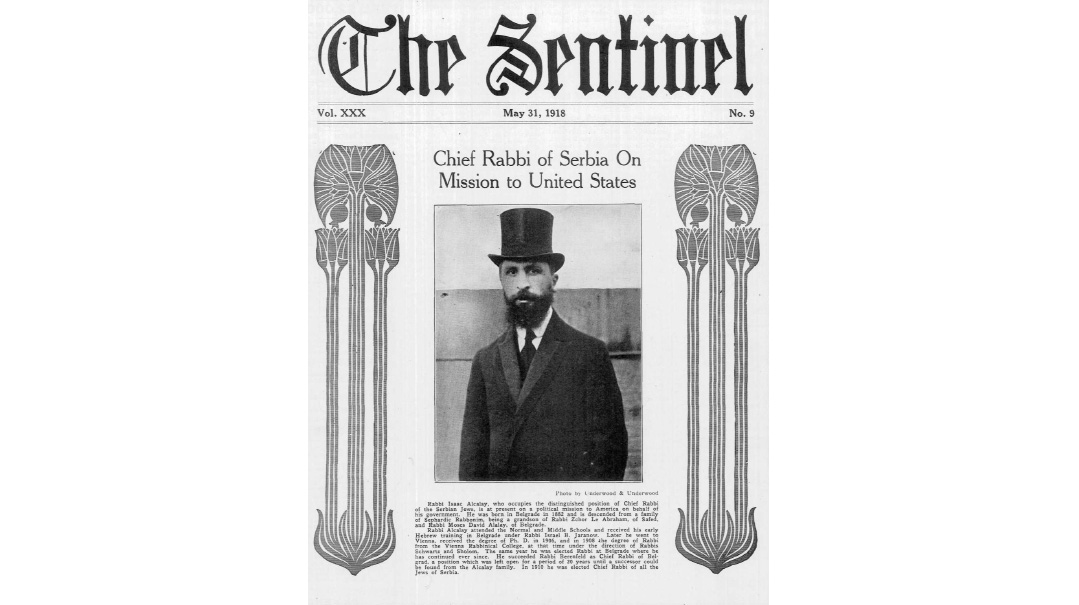A Yom Kippur to Remember
| September 9, 2021"Popular fancy created around him a halo of miraculous deeds"
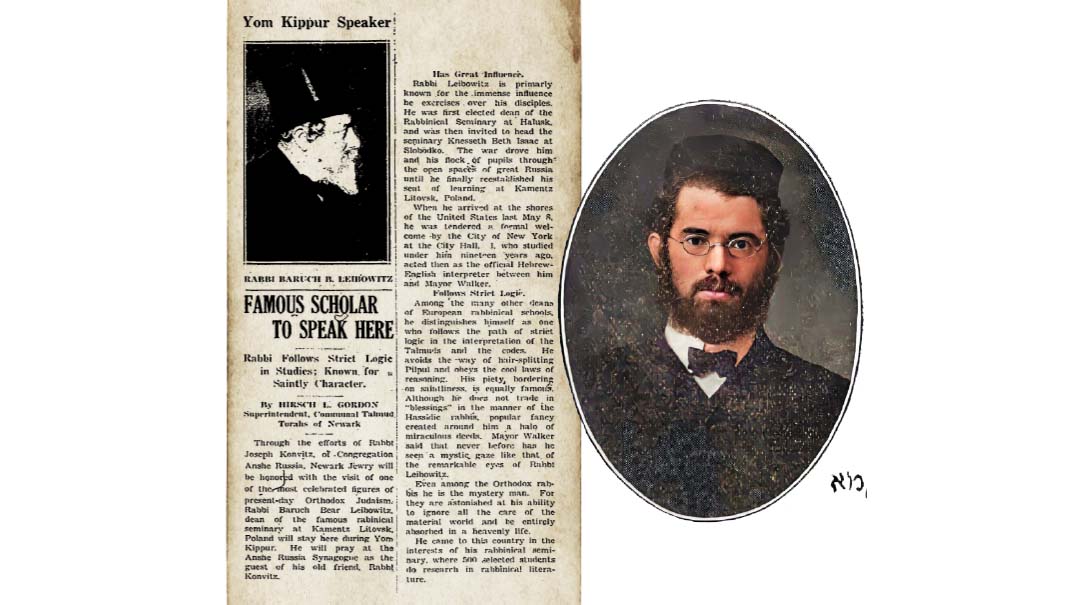
Title: A Yom Kippur to Remember
Location: Newark, New Jersey
Document: Newark Jewish Chronicle
Time: September 1928
Shortly before Yom Kippur 1928, a vivid portrayal of Rav Boruch Ber Leibowitz was published in a Newark paper.
Among the many other deans of European rabbinical schools, he distinguishes himself as one who follows the path of strict logic in the interpretation of the Talmuds and the codes. He avoids the way of hair-splitting pilpul and obeys the cool laws of reasoning. His piety, bordering on saintliness, is equally famous.
Although he does not trade in blessings in the manner of the Hassidic rabbis, popular fancy created around him a halo of miraculous deeds. Mayor Walker said that never before has he seen a mystic gaze like that of the remarkable eyes of Rabbi Leibowitz.
Even among the Orthodox rabbis he is the mystery man. For they are astonished at his ability to ignore all the care of the material world and be entirely absorbed in a heavenly life. He came to this country in the interests of his rabbinical seminary, where 500 selected students do research in rabbinical literature.
While many gedolim visited the United States during the interwar years, few generated as much interest as the Rosh Yeshivah of Kamenitz. Rav Boruch Ber Leibowitz came to various communities, delivered shiurim in local yeshivos, and attended a convention of the Agudas Harabonim, where he delivered an iyun shiur for the hundreds of rabbinical attendees.
Rav Boruch Ber spent Yom Kippur in Newark, New Jersey, a leading Jewish community at the time, alongside an old acquaintance who was one of the most prestigious rabbanim in the country. Rav Yosef Konvitz (1878–1944) served as the city’s chief rabbi and president of the Agudas Harabonim. The rabbi emeritus at Newark’s Anshe Russia shul was Rabbi Hyman Brodsky, a student at Volozhin the same time Rav Boruch Ber learned there. While Rav Konvitz, the son-in-law of the Ridbaz, was noted for his leadership and vast Torah knowledge, his son, famed law professor Milton Konvitz, recalled the pious way his father spent Yom Kippur Eve:
On the night of Kol Nidrei, my father always remained overnight in the synagogue. One or two of his sons remained with him in the dimly lit synagogue building. He remained awake most of the night, praying, studying, meditating. The next day he stood on his feet all day. Generally, but that day especially, there was no bottom to the depth of his piety, his devoutness, his reverence. Although lenient in his expectations of others, he was a makhmir (strict) towards himself.
Rav Boruch Ber’s Translator Extraordinaire
The vivid portrayal of Rav Boruch Ber in the Newark Jewish Chronicle came courtesy of the noted educator, linguist, and physician, Rabbi Dr. Hirsch Leib Gordon (1896–1969), son of Rav Eliyahu Gordon, who had served in the Vilna rabbinate. The younger Rabbi Gordon learned under Rav Boruch Ber at Knesses Beis Yitzchak in Slabodka, as well as in Lida and Volozhin. Following his immigration to Palestine, he served with the Zion Mule Corps in the Gallipoli campaign of World War I, and later with the Jewish Legion. After the war he moved to the US, where he obtained several doctorates, and worked to rehabilitate the failing Talmud Torah systems in Newark and other locales. During World War II, he was a major in the US Navy medical corps, specializing in neurology and psychiatry. He also penned several seforim and medical books.
Who By Fire
A challenging moment for Rav Konvitz occurred when he was rav of Trenton and also chaplain of the New Jersey State Prison. A disturbed Jewish man killed a police officer during a robbery and was sentenced to the electric chair. Unable to gain clemency from the governor, Rav Konvitz spent his final minutes with the man, convincing him to pen a publicly disseminated letter of remorse. Following the execution, Rav Konvitz was bedridden for weeks, an illness he’d later attribute to the awful ordeal.
(Originally featured in Mishpacha, Issue 877)
Oops! We could not locate your form.

